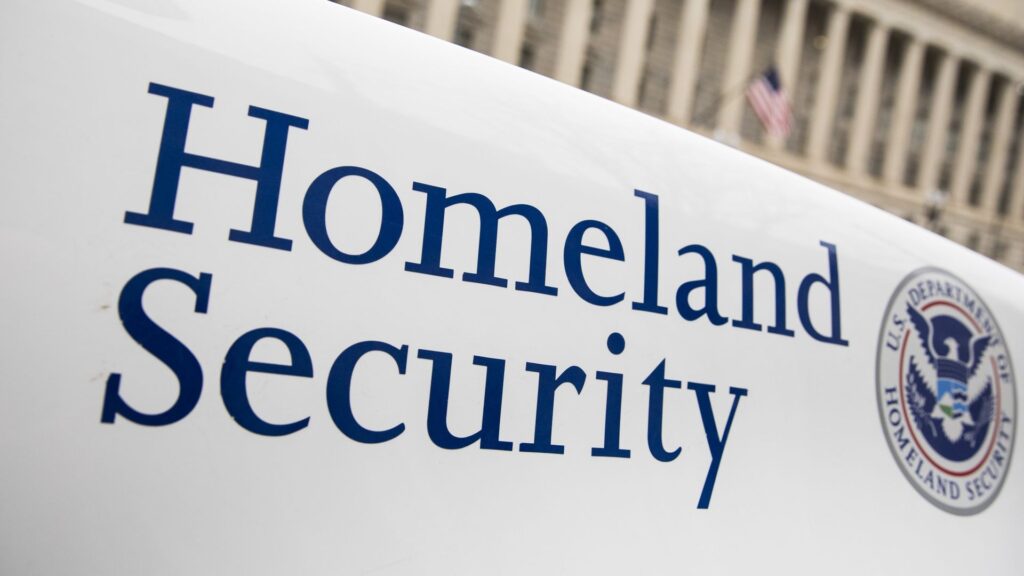The Department of Homeland Security wants more help at the border and has asked the Pentagon to deploy roughly 20,000 National Guard troops to assist. The request follows news that illegal crossings at the U.S.-Mexico border have fallen to historic lows since President Donald Trump increased U.S. border enforcement efforts.
If the Pentagon approves the request, it would be the first time in U.S. history that immigration policy was enforced by National Guard troops. The New York Times first reported the potential deployment of National Guard members, citing a pair of U.S. officials familiar with the plans.
What duties would the troops perform?
The U.S. Department of Defense is reviewing the request. According to the Times, the request follows Trump’s order from the Department of Homeland Security on Friday, May 9, to increase its personnel numbers by reassigning 20,000 officers from state and federal agencies.
So far, there have been no reports on what troops would do if tasked with immigration enforcement. It is also uncertain whether the states deploying the troops would approve the plan.
Where would they be deployed?
Officials who spoke to the Times did not disclose where they would deploy the National Guard troops if the plan receives approval. Currently, thousands of U.S. military personnel are at the southern border, where illegal border crossings have hit historic lows. U.S. Border Patrol reported that March saw a 95% decrease compared to the same time last year.
Authorities have typically used National Guard members as backups for federal law enforcement at the border, rather than for active enforcement. They often provide logistical support, additional security and intelligence gathering. However, a DOD official told the Times that if given the green light, this would mark the first time that National Guard troops would be directly involved in enforcing immigration enforcement duties.
DHS has not commented on the report.
Why is the Trump administration proposing this?
The plan would ramp up the Trump administration’s ability to arrest and deport more immigrants in the U.S. illegally. The president vowed before the 2024 election and since his victory to conduct the largest deportation operation in American history, which will require significantly greater enforcement resources.
To meet those needs, Trump moved agents and officers from the federal ranks, including from the Department of Justice. On Tuesday, May 13, the administration announced it is pulling around 2,000 agents from the Bureau of Alcohol, Tobacco, Firearms and Explosives, the U.S. Marshals Service and the U.S. Drug Enforcement Administration to assist with immigration arrests.
The Trump administration has also entered into agreements with local law enforcement agencies to assist with immigration arrests in concert with U.S. Immigration and Customs Enforcement agents. In late April, authorities in Florida worked with ICE to arrest more than 1,000 people accused of being in the country illegally.
The U.S. Department of Defense also created a buffer zone along the U.S.-Mexico border, authorizing the U.S. Army to arrest anyone caught in the designated areas. Civil rights lawyers say it is unconstitutional to use U.S. troops for simple arrests.
contributed to this report.


